Living in warm, tropical climates, the temptation to constantly run your air conditioner can be strong. However, it is important to make an informed decision about how long to leave an air conditioner on each day for comfort, efficiency, and cost savings. Let’s explore factors affecting optimal aircon usage and how to get the best performance out of your system without racking up high energy bills.
Key Factors Influencing Aircon Run Time
The number of hours to keep your aircon running will depend on several key factors, including:
Room Size and Layout
Larger rooms or open spaces may take longer to cool, leading to extended usage. Smaller or closed rooms cool down faster, allowing for shorter usage periods. Understanding the cooling capacity required for your space can optimize usage.
Desired Comfort Level
If you prefer a consistently cool environment, especially for sleep, you may need the aircon running throughout the night. However, studies show that a temperature of around 24°C is ideal for comfort and energy efficiency, allowing the aircon to maintain coolness without excessive energy usage.
Outdoor Temperature and Humidity
High humidity and temperature make it more challenging for an air conditioner to maintain coolness, especially in the hottest parts of the day. On humid days, running the aircon for an extended period may be necessary, while cooler days require less usage.
Aircon Type and Efficiency
High-efficiency air conditioners, particularly those with inverter technology, are designed to run longer while maintaining a lower power consumption. Traditional systems without inverter technology will cycle on and off to avoid overheating, so run time may need adjustment based on the unit type.
Personal Habits and Activity Levels
People at home throughout the day will have different cooling needs than those who only need air conditioning at night. Consider when you’ll be using the space, as limiting aircon usage to essential hours can save energy.

Recommended Aircon Running Hours
For Daytime Use
During the hottest hours, usually from late morning to mid-afternoon, many find it challenging to keep rooms cool. Keep the aircon running for around 4-6 hours to maximize comfort, especially if you’re home. If you’re out for the day, use a programmable timer or smart thermostat to start the aircon an hour before you return. This helps maintain a cool space without leaving the unit on unnecessarily.
For Nighttime Use
For sleep, running the aircon for 6-8 hours at a moderate setting (23°C to 25°C) can help you achieve restful sleep without consuming excessive power. Many aircon systems also have an eco or sleep mode, which adjusts the cooling levels automatically through the night, saving energy and maintaining a steady temperature.
When Using Fans Together with Aircon
Combining ceiling fans or stand fans with the aircon is an effective way to circulate cool air, allowing you to raise the aircon temperature by a degree or two. This combination can cut cooling costs by 5-10%, especially when running the aircon for prolonged periods. Run the aircon at a moderate temperature for a few hours and let the fan circulate air, extending the coolness even after the aircon is turned off.
Short Bursts for Small Spaces
For smaller rooms like home offices, running the aircon in shorter bursts of 1-2 hours may suffice, as these spaces cool quickly. Shutting the aircon after the room reaches the desired temperature, then turning it on again only when it gets warm, can save energy without sacrificing comfort.
Tips for Efficient Aircon Usage
Use Timers and Programmable Thermostats
Set the aircon timer to shut off automatically once it cools down the room, or set it to start just before you arrive home. Using timers prevents unnecessary usage, optimizing cooling without requiring manual adjustments.
Regular Maintenance
Clean or replace filters regularly to maintain airflow and cooling efficiency. Dust-clogged filters make the aircon work harder, consuming more energy and leading to longer running times.
Optimize Temperature Settings
According to energy-saving experts, setting your aircon between 24°C and 26°C helps balance comfort and cost. Higher temperatures allow the aircon to cycle off sooner, reducing its total run time.
Seal the Room Properly
Keep doors and windows shut when the aircon is running to prevent cool air from escaping. Insulating rooms with curtains or blinds help maintain indoor temperatures, allowing the aircon to cool more efficiently and reducing the need for extended usage.
Use Energy-Efficient Models
Upgrading to a more energy-efficient aircon model, particularly one with inverter technology, allows the unit to run at variable speeds, adjusting to room conditions. Inverter models are designed for longer run times with minimal power consumption.

Balancing Comfort and Costs
If comfort is a priority, especially in hot and humid climates, running the aircon for 8-12 hours daily may be justifiable. For those looking to save on electricity bills, limiting the aircon to key hours (such as late afternoon and evening) or using it in combination with fans can provide a more economical solution.
Additionally, using eco-friendly modes or smart home systems to control your aircon remotely helps you find the right balance between comfort and energy savings.
The Cost of Running an Aircon All Day
Running an air conditioner continuously for 24 hours can be expensive, and it may only sometimes yield increased comfort due to potential over-cooling or energy wastage. By some estimates, running a standard aircon unit for a full day can cost significantly more than selective usage. If you prefer constant cooling, consider scheduling the aircon in timed intervals rather than continuous operation to reduce costs without sacrificing cooling.
Smart Scheduling Tips:
- Daytime (Work Hours): Limit use or schedule 2-3 hours in the afternoon.
- Evening: Run for 4-5 hours, then switch to eco mode.
- Night: Set on sleep mode to maintain a comfortable but moderate temperature.
Final Thoughts
Determining the optimal aircon running time is a balance between comfort, energy efficiency, and cost. Running your aircon for around eight hours a day — split between peak times — can help maintain a comfortable indoor environment while reducing electricity consumption. With strategic planning, such as using fans, setting a moderate temperature, and taking advantage of programmable features, you can enjoy a cool home without excessive energy costs. Following these guidelines can create a more sustainable and cost-effective approach to aircon use.


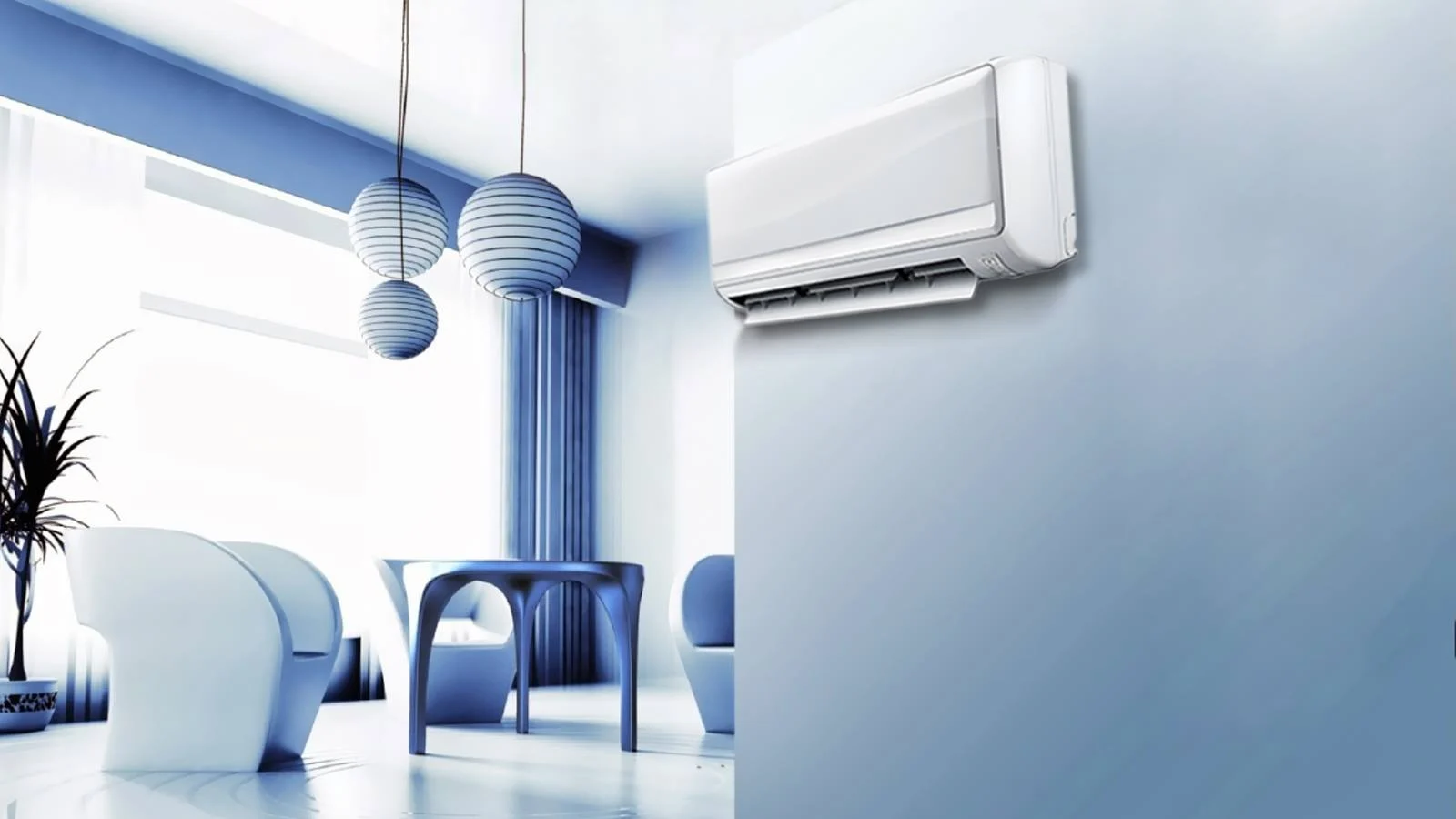

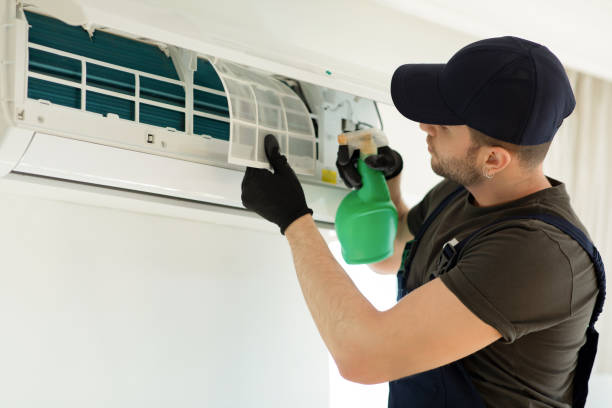
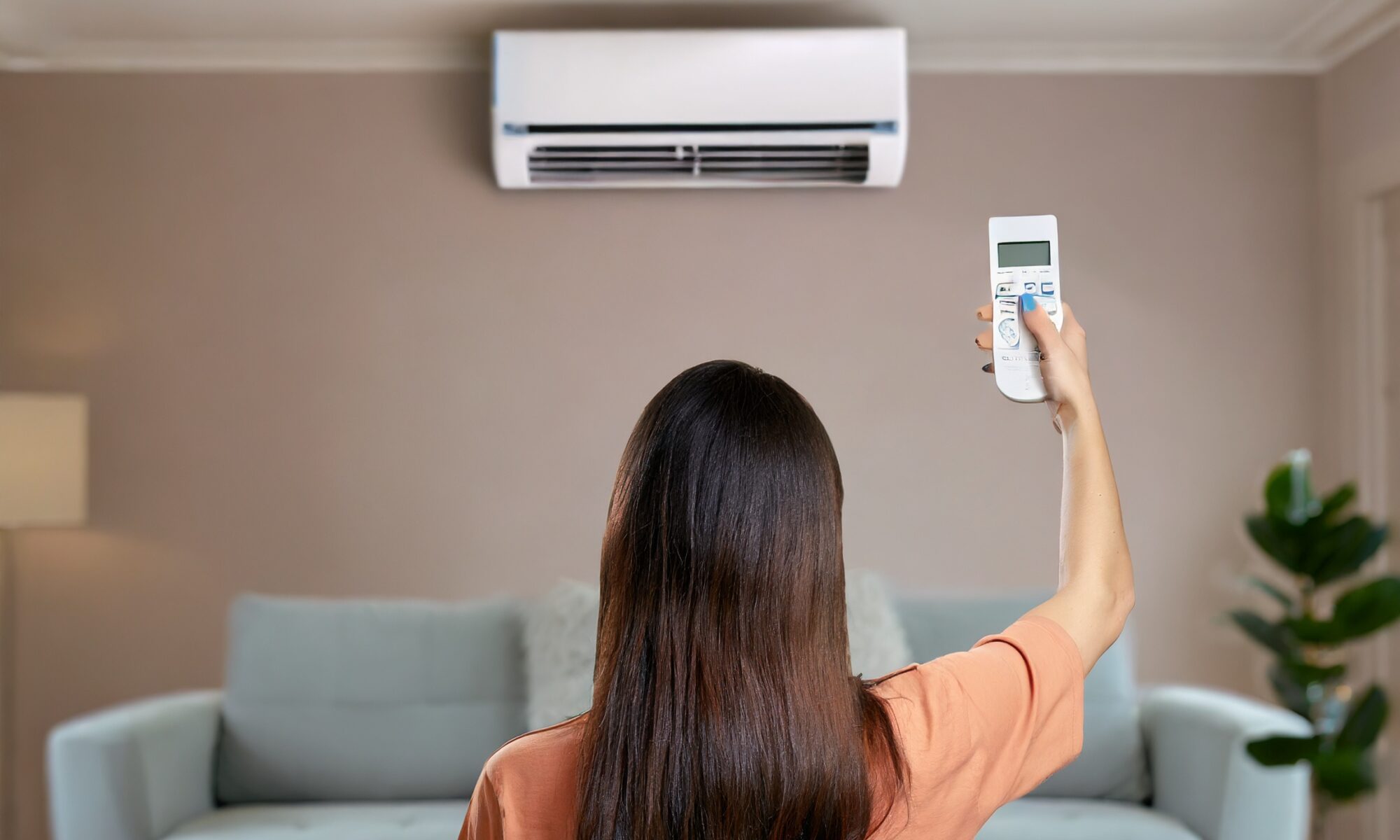
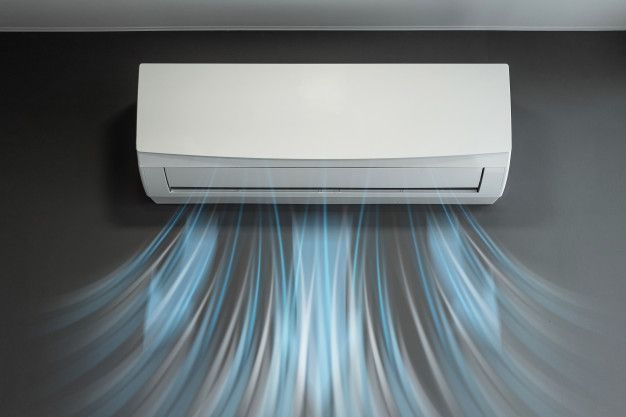

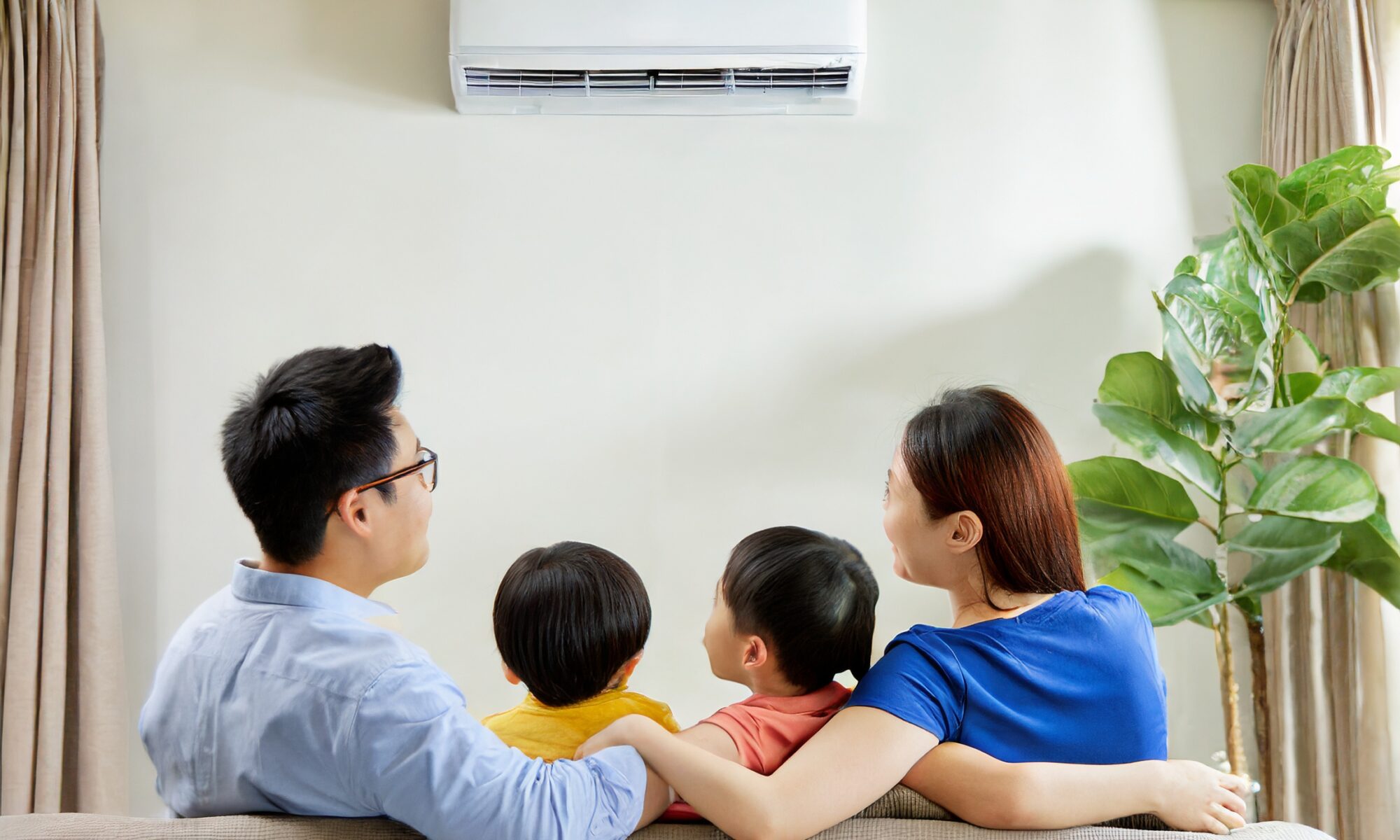

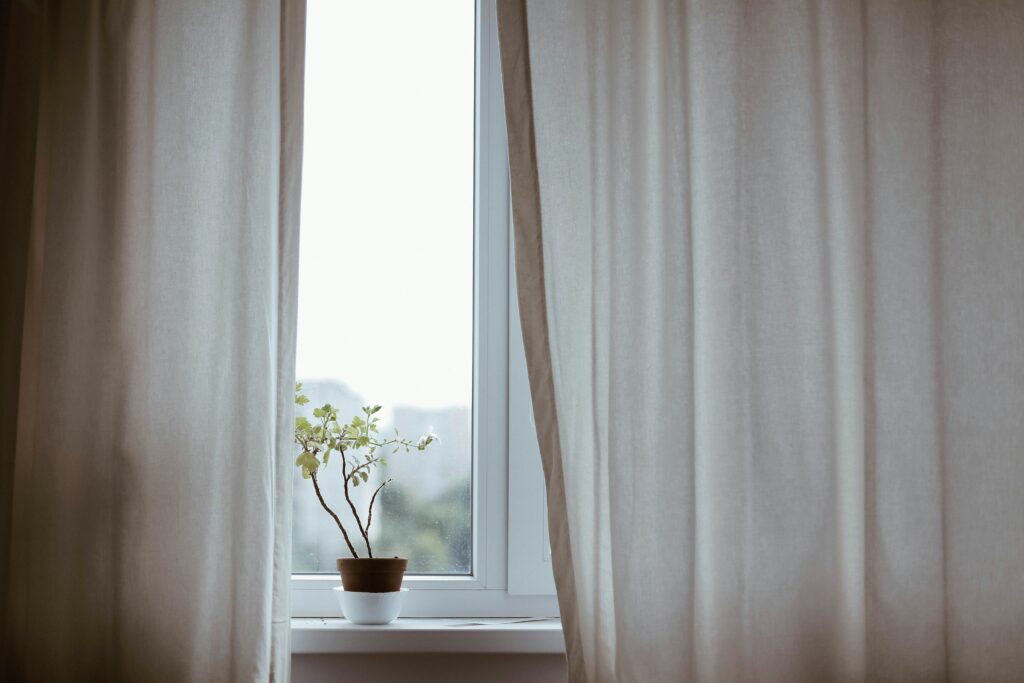
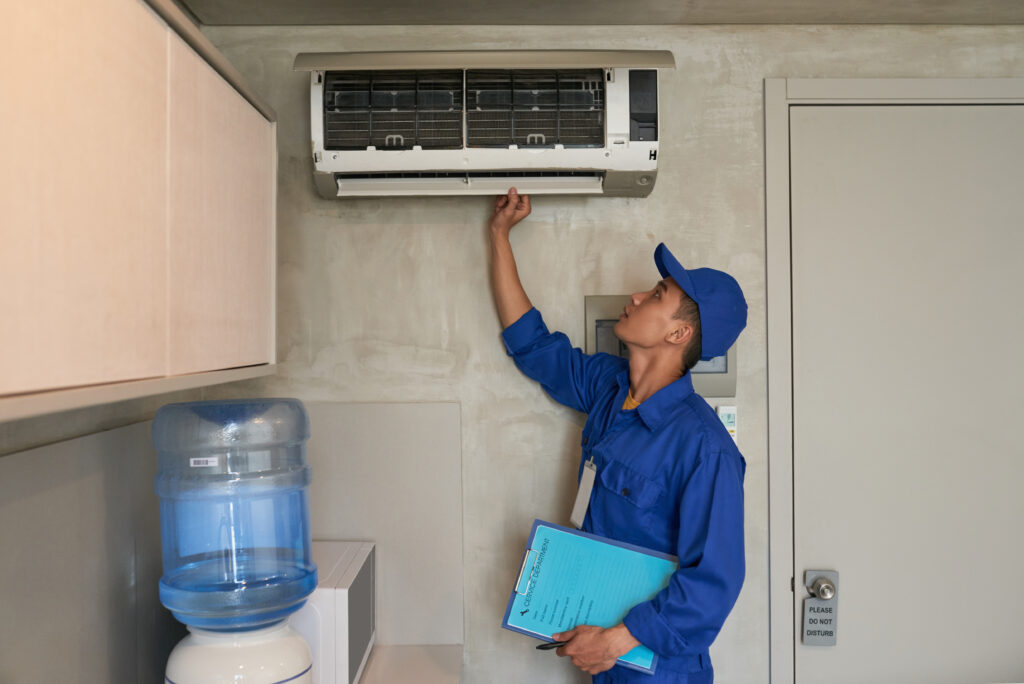
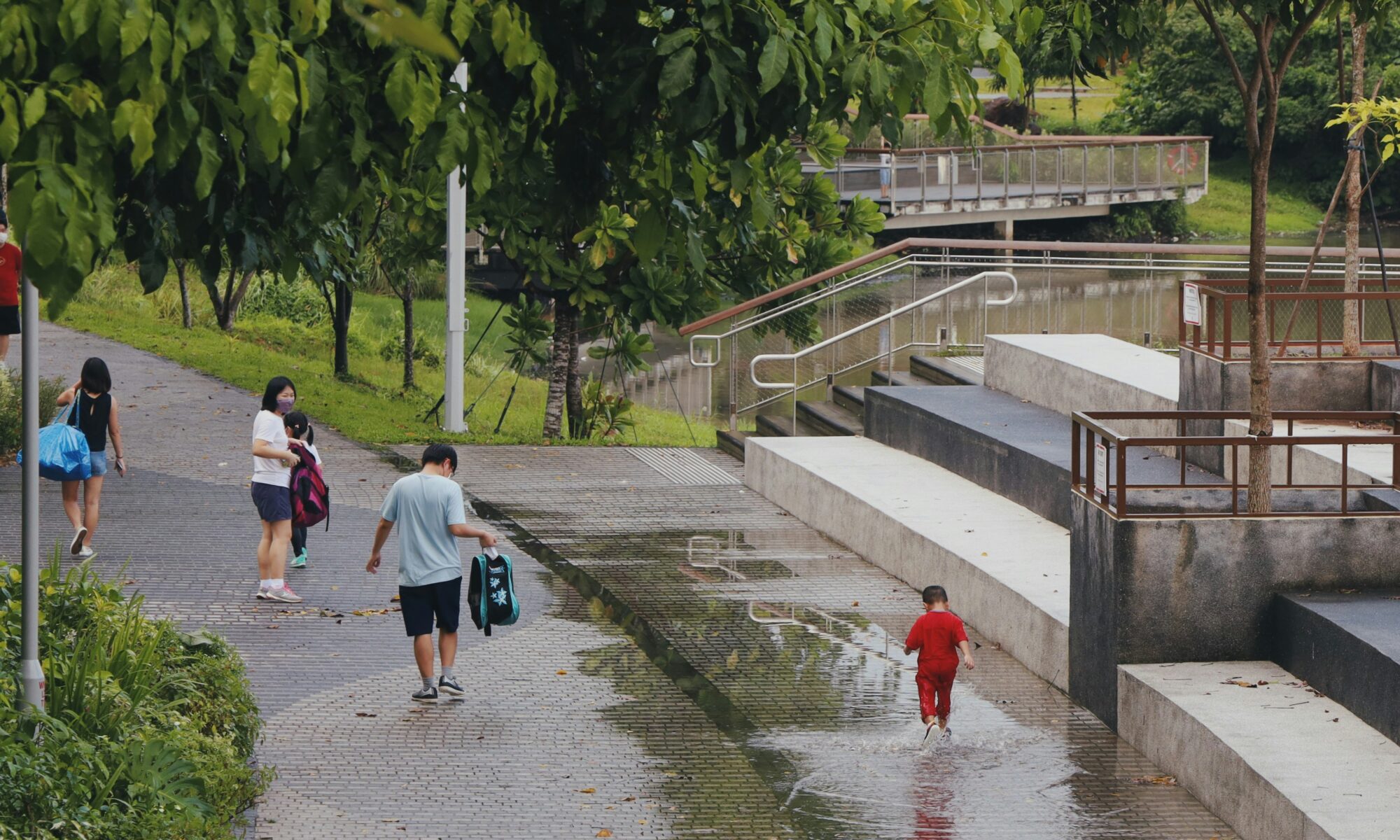
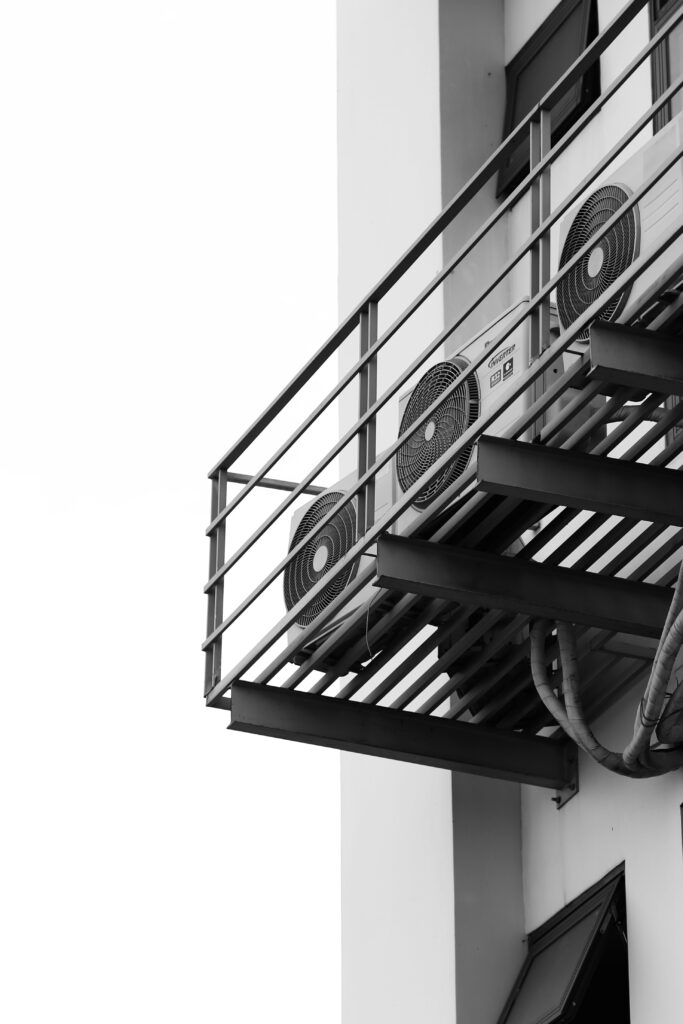
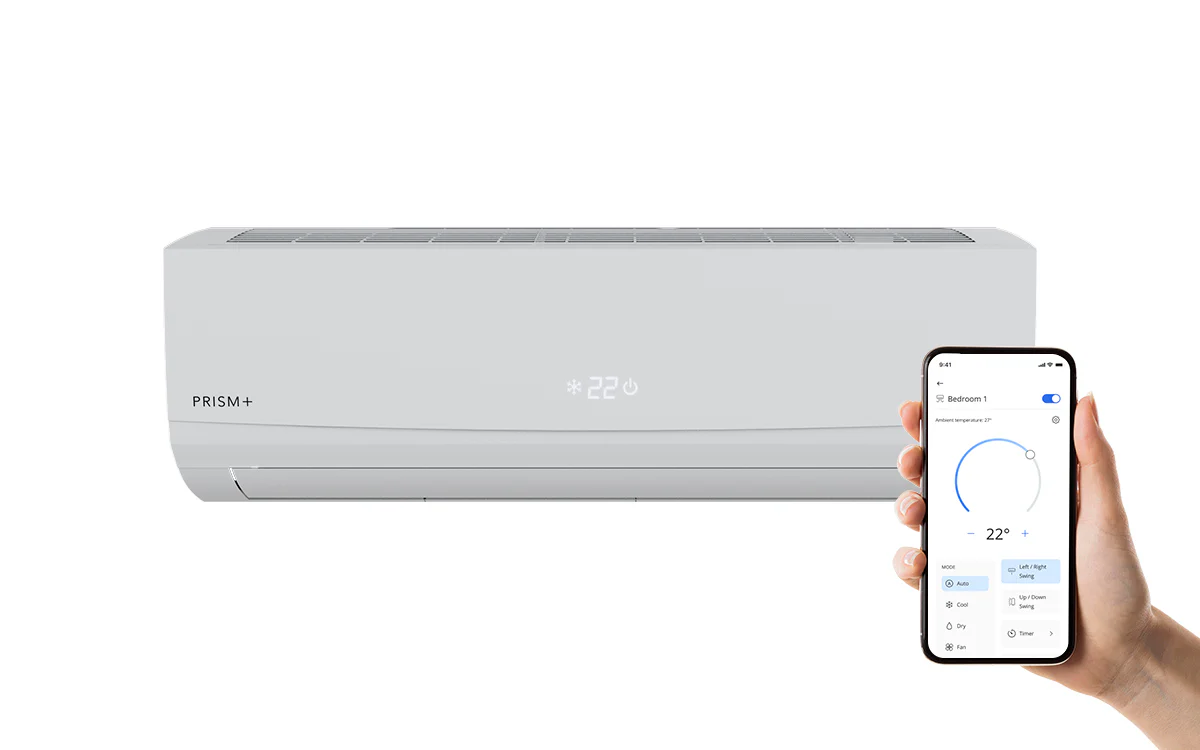
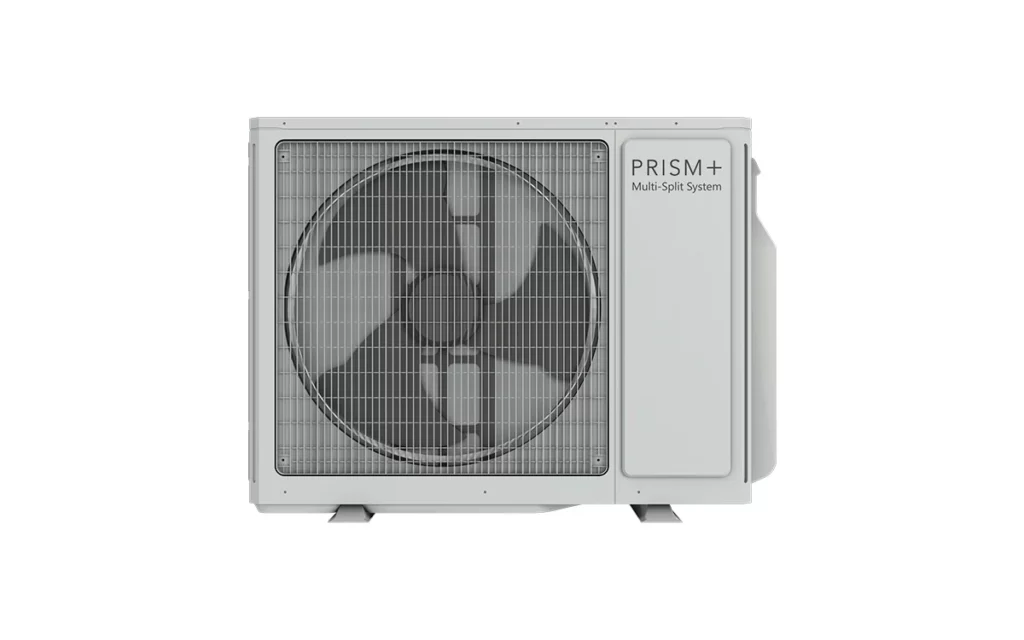
You must be logged in to post a comment.